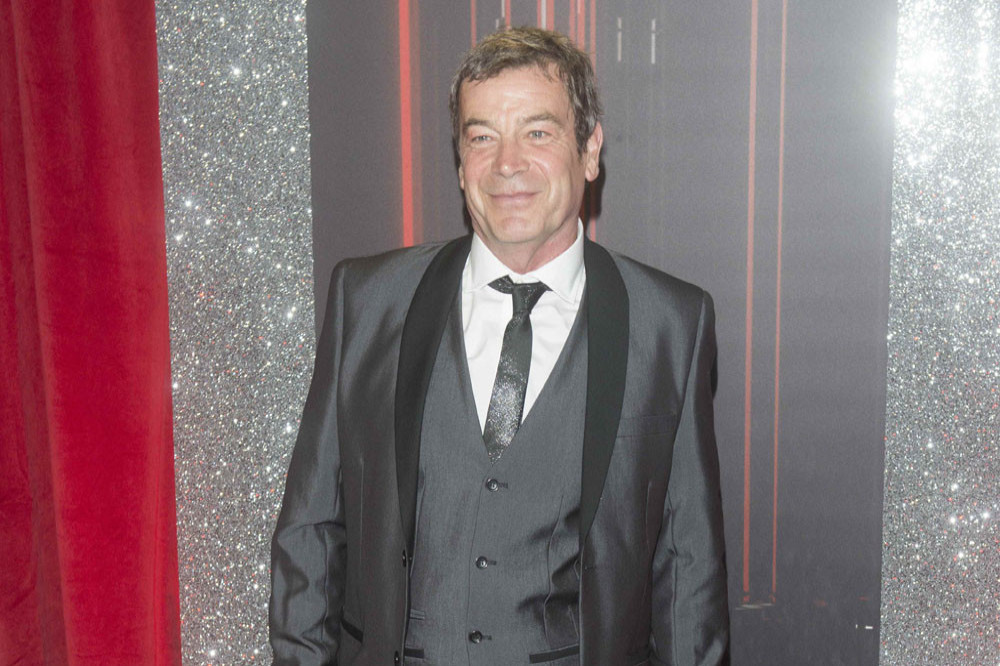Richard Hawley has found it "difficult" to portray his 'Coronation Street' character Johnny Connor's MS suffering.

Richard Hawley
The 66-year-old star admitted it is "not easy" trying to recall his lines while remembering to shake his arm, which is one of the symptoms of life-long condition multiple sclerosis (MS), and he would find himself "subconsciously" shaking his arm when the cameras had stopped rolling.
He said: "Johnny is in a terrible physical and medical state, I found it quite difficult, it's not easy remembering your lines at the same time as remembering to keep your arm shaking, and bump into something occasionally and at the end of the day I would find myself still shaking my arm subconsciously.
"It was a useful signifier for the audience, it felt like there needed to be some sort of external expression.
"What is happening is that the whole messaging system is breaking down and I wanted to show some elements of that."
Johnny is currently in prison battling MS, and he will start having hallucinations and projects his late son Aidan Connor (Shayne Ward) - who took his own life in May 2018 - following the suicide of fellow prisoner Joe.
He also sees rainbows, musical notes and thinks the prison is being overrun by cockroaches and mice, and Johnny will be diagnosed with Charles Bonnet syndrome, which causes a person whose vision has started to deteriorate to see things that aren't real.
Richard hadn't heard of the condition before, and 'Corrie' teamed up with charity Esme’s Umbrella to fully prepare for the plot.
He said: "It wasn’t something I had heard of before this storyline. In fact, weirdly just after the producer told me about the story I was listening to the World Service and there was actually a programme about it. We have been working very closely with a charity called Esme’s Umbrella.
"It is incredibly important to do the research and find out as much as you can, for me it is one of the most interesting parts of the job that you get the opportunity to speak to these people and learn about things you were either unaware of or knew very little about. You have a responsibility to the people who are going through it for real.
"They always bring something surprising to the table. I spoke to a remarkable lady called Nina Chesworth who has it, she has a family and is also a visual artist.
"The brain is a very extraordinary thing. Even though there is a commonality of some types of hallucinations it manifests itself differently for different people and everyone has a different experience with both MS and Charles Bonnet syndrome so this is still very much Johnny’s story."
Tagged in Shayne Ward Richard Hawley

